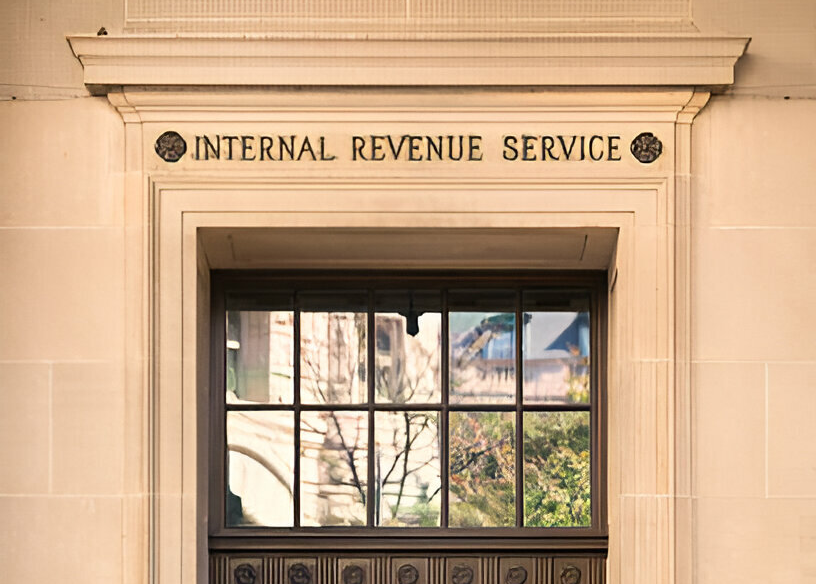The IRS is at risk of losing an estimated $313.3 billion in revenue over the next 10 years as undocumented immigrants could become less likely to file taxes if they fear their tax information could be used to deport them.
That’s a key finding of an analysis released on April 8 from the Yale Budget Lab, after the Treasury Department and the IRS reached an agreement with the Department of Homeland Security earlier this week to share the tax data of undocumented immigrants in the U.S. to assist with immigration enforcement.
“The IRS has historically made clear to the undocumented immigrant population that their tax information is confidential and would not be used in such ways. As a result, in addition to the economic and fiscal impacts of an increase in deportation, this action could be a decline in the share of unauthorized immigrant residents who file taxes, which would lead to a decline in federal individual income tax revenues and possibly payroll tax revenues,” the Yale Budget Lab report says.
The group estimates that in 2023, unauthorized immigrant workers paid $66 billion in federal taxes—roughly $43 billion in payroll taxes and $22 billion in individual income taxes.
The report states:
The Congressional Budget Office (CBO) noted in a 2007 report that between 50-75% of unauthorized immigrants pay some combination of federal income and/or payroll taxes. Doing so minimizes the legal jeopardy of both the immigrant and their employer. In fact, North and Houstoun (1976) found that while 73% of unauthorized immigrants paid federal income taxes through withholding, only 32% filed a return. Since most Americans’ taxes are over-withheld, leading to a refund when they file, this suggests a strong possibility that many unauthorized immigrants already overpay federal taxes. Similar to this is the lifecycle overpayment of unauthorized immigrants, who often pay Social Security and Medicare taxes but are ineligible for benefits when they retire.
Yale Budget Lab estimates that the IRS-DHS agreement would cause federal revenues to be $12 billion lower for the remainder of fiscal year 2025, which ends on Sept. 30, and $25 billion lower in FY 2026. From fiscal years 2026 to 2035, revenues come in approximately $313 billion lower—roughly 0.1% of gross domestic product on average—with a high estimate of $479.3 billion over the decade and a low estimate of $147.4 billion. These are all current policy estimates that assume the Tax Cuts & Jobs Act of 2017 is extended over the next 10 years, the report says.
“The fiscal effects are highly uncertain and depend strongly on the behaviors of unauthorized immigrants and their employers,” Yale Budget Lab says. “To create its midpoint estimate [of $313.3 billion], TBL averaged a ‘high’ and a ‘low’ scenario to capture the filing and the job switching margins. To capture the extensive margin—the likelihood that not all immigrants and employers would change their behaviors—TBL mitigated both scenarios by half. Note that this means the high and the low scenarios should be viewed more as rough central-estimate confidence bands rather than strict upper- and lower-bounds, since the extensive margin could in reality differ meaningful—higher or lower—than the 50% TBL assumed.”
Thanks for reading CPA Practice Advisor!
Subscribe Already registered? Log In
Need more information? Read the FAQs
Tags: immigrants, immigration, Income Taxes, IRS, Payroll Taxes, Taxes




